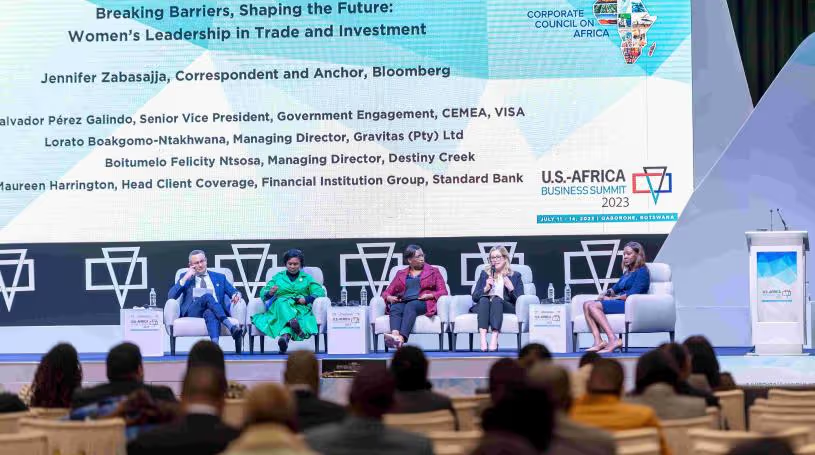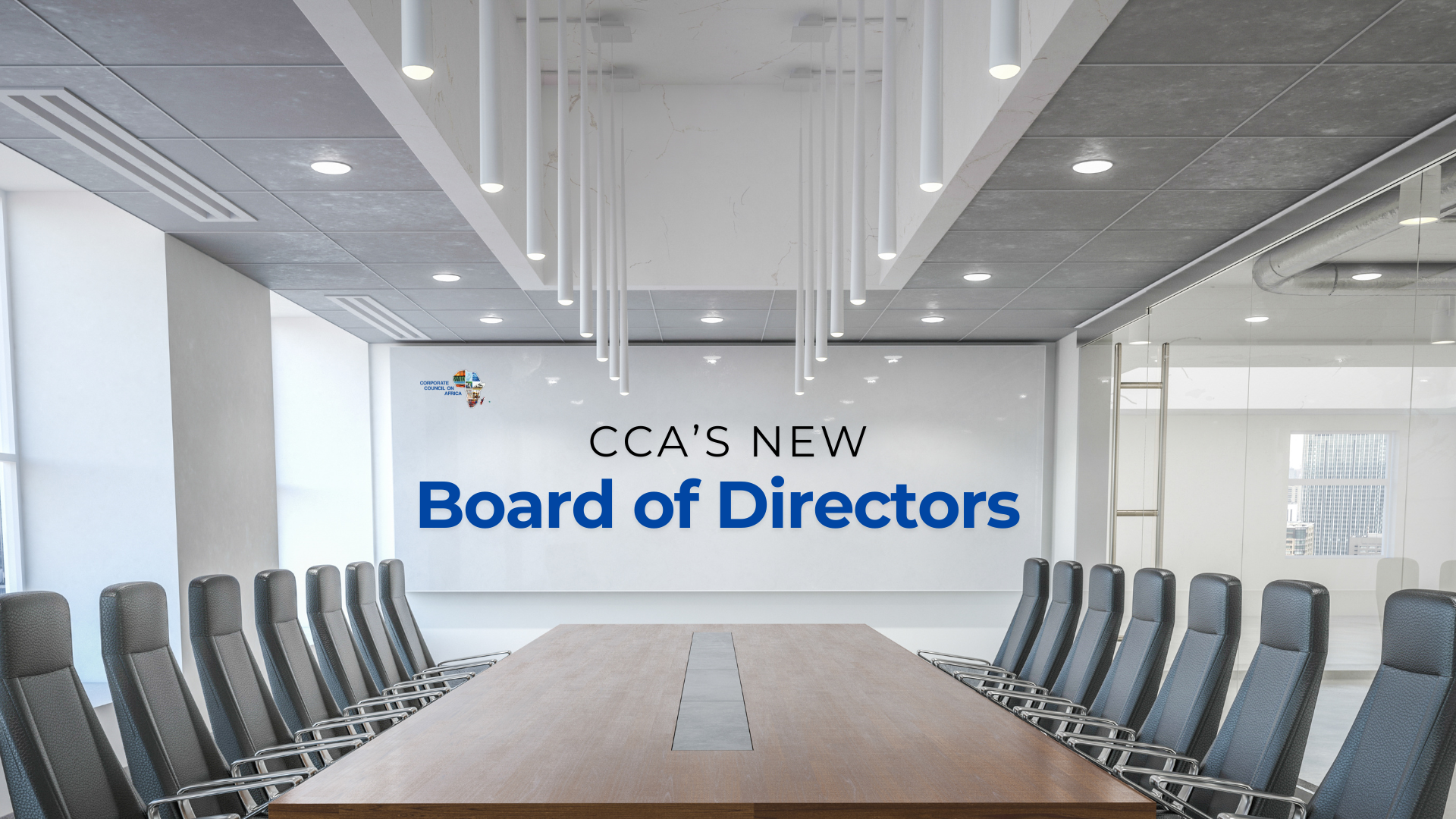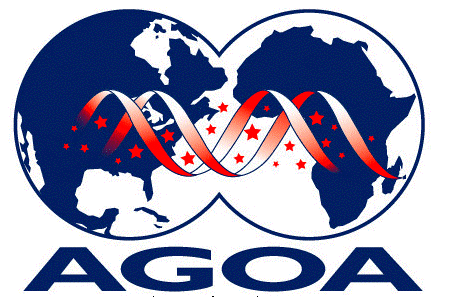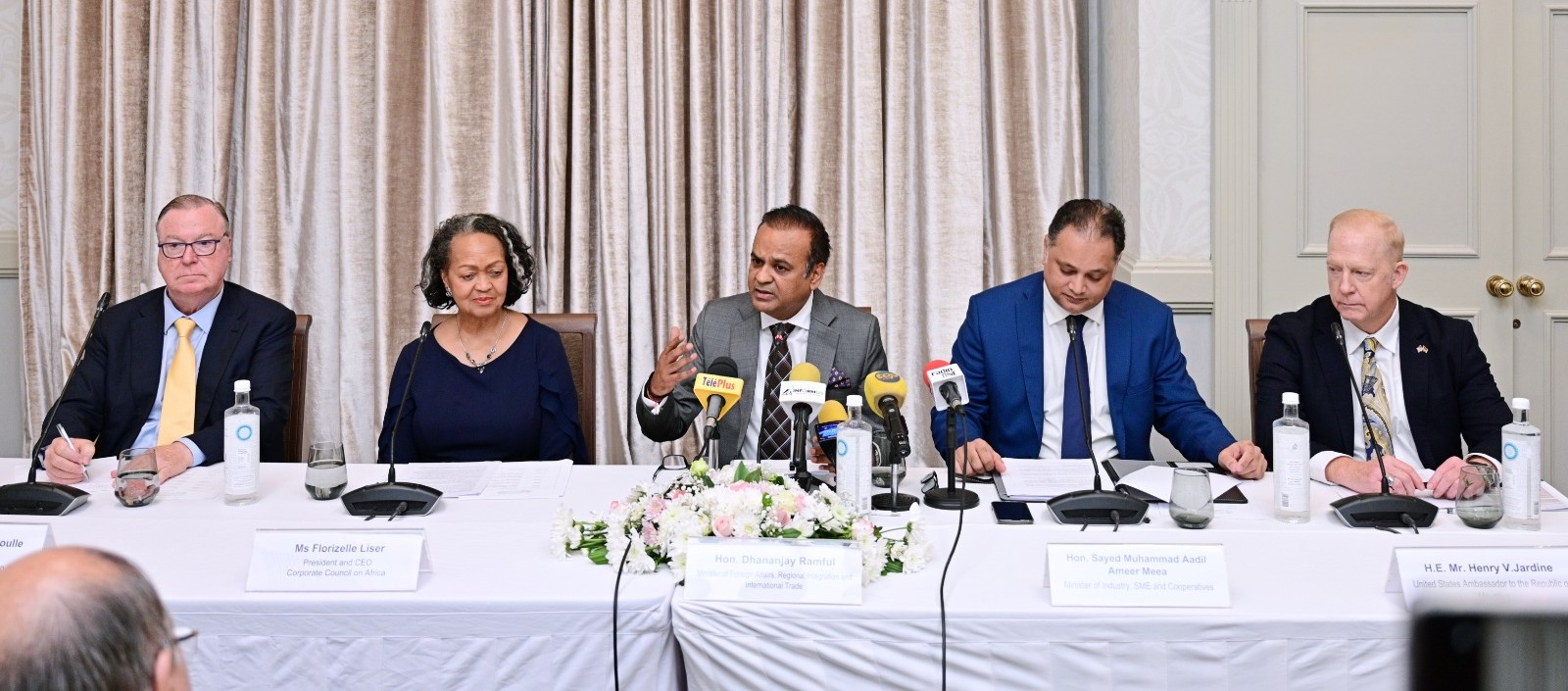Breaking Barriers, Shaping the Future: Women’s Leadership in Trade & Investment - 2023 U.S.-Africa Business Summit

On July 13, 2023, Corporate Council on Africa (CCA) organized a panel discussion titled “Breaking Barriers, Shaping the Future: Women’s Leadership in Trade and Investment” during the U.S.-Africa Business Summit in Gaborone, Botswana. The event aimed to explore challenges, opportunities, and best practices for promoting women’s participation in intra-African trade and Africa’s trade with global partners like the United States. The panel featured speakers from both the private and public sectors and was moderated by Jennifer Zabasajja, Chief Africa Correspondent and anchor of Bloomberg Television.Hon. Enoh Ebong, Director of the United States Trade and Development Agency (USDTA), delivered opening remarks emphasizing the crucial role of women in Africa’s business growth. She highlighted the significant challenges that female entrepreneurs face in accessing financing, revealing that while Africa has the largest demographic of female entrepreneurs, only 4% of female-led start-ups receive adequate funding which creates a $48 million gap for female entrepreneurs. Ebong mentioned that U.S President Biden has prioritized closing this gap by investing in health, agriculture, public, and private sectors across various African nations. She also touched on USDTA’s active support of development of sustainable infrastructure, which is essential for trade and investment growth. “The agency is particularly focused on engaging women in infrastructure development to empower them in business,” she said.Lerato Boakgomo-Ntakhwana, Managing Director of Gravitas Investments (Pty) Ltd, highlighted the difference between entrepreneurs and women in business, stressing that women possess knowledge of the finance sector and know how to access funding. However, she emphasized that financial institutions have a responsibility to ensure that everyone has access to this information and funding opportunities.Standard Bank’s Head of Client Coverage, Maureen Harrington, shared the various campaigns implemented by Standard Bank to bridge the finance gap for women. These campaigns include specific programs in Kenya, Uganda, Mozambique, and Nigeria, aimed at providing digital training, supporting female entrepreneurs, and creating specialized accounts to empower women in the informal sector. She said that Standard Bank has invested over $15 billion in gender-led investments, focusing on SMEs and encouraging gender balance on boards and shareholders.Salvador Perez-Galindo, Senior Vice President of Government Engagement at VISA, emphasized the need for inclusivity, balance, diversity, and open markets. He presented statistics showing that a significant percentage of women in Africa do not have access to bank accounts, and there’s a lack of smartphone ownership among women, which hinders their access to financing. Salvador called for fewer stipulations by financiers, particularly for informal traders in rural areas, and encouraged governments to implement policies that promote awareness and ease of access to funding for women.Boitumelo Ntsosa, Founder and Managing director of Destiny Creek, a 100% Botswana-owned manufacturing company, urged women to build confidence in their businesses. She emphasized that lack of confidence often hampers women’s ability to demonstrate their potential to investors, leading many to self-fund their ventures. Boitumelo called on trade agencies and supporters of SMEs and the informal sector to take responsibility for educating small business owners about available opportunities.When discussing how to support women in the informal sector, the panelists generally suggested ensuring reliable and accessible mobile payment systems across Africa and providing education on mobile finances to increase usage. Additionally, they advocated for finding solutions to logistical challenges to remove barriers for trade and enable business growth in the digital space.Maureen Harrington concluded the panel on a positive note, sharing encouraging statistics from 2022 that showed African companies with female CEOs outperformed male-led companies, and Africa had the world’s highest female representation in business, at 25%. This reflects the progress made in empowering women in the business landscape.



